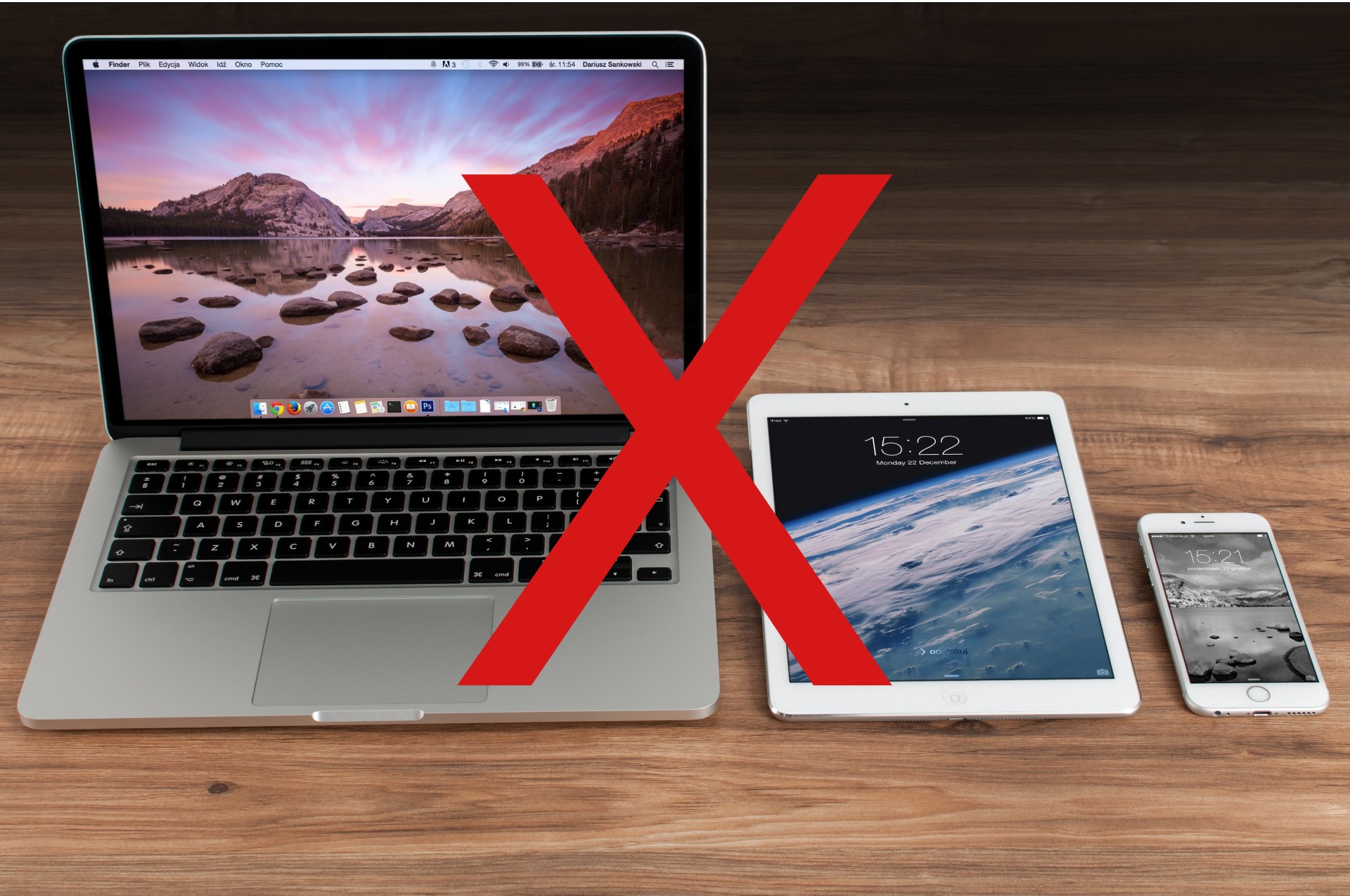 In the past, I’ve written about the detrimental effects of excessive screen time on child and adolescent brains. These include decreased cognitive skills, poor language development and less social interaction. However, these consequences are not limited to the young. Research indicates that too much scrolling online or watching videos can be detrimental to adults, too.
In the past, I’ve written about the detrimental effects of excessive screen time on child and adolescent brains. These include decreased cognitive skills, poor language development and less social interaction. However, these consequences are not limited to the young. Research indicates that too much scrolling online or watching videos can be detrimental to adults, too.
The National Heart, Lung, and Blood Institute recommends “screen time at home should be limited to two hours or less a day.” Not only does the time spent on screens detract from physical and social activity, it can also have dire mental health effects. A recent publication from Michigan State University cites one relatively mild effect: “Extended time using computers, smartphones or tablets can lead to eye strain.” Moreover, the study also lists poor sleep caused by the blue light that screens emit. Consequently, poor sleep can increase stress and anxiety and also lead to certain conditions, like heart disease.
Several years ago, a study in The Journal of Integrated Neuroscience included the following caveat:
Excessive screen exposure during critical periods of development in Generation Z will lead to mild cognitive impairments in early to middle adulthood resulting in substantially increased rates of early onset dementia in later adulthood. We predict that from 2060 to 2100, the rates of Alzheimer’s disease and related dementias (ADRD) will increase significantly, far above the Centres for Disease Control (CDC) projected estimates of a two-fold increase, to upwards of a four-to-six-fold increase.
So, eschew the screens for a walk in the park for better physical, emotional, and mental health

